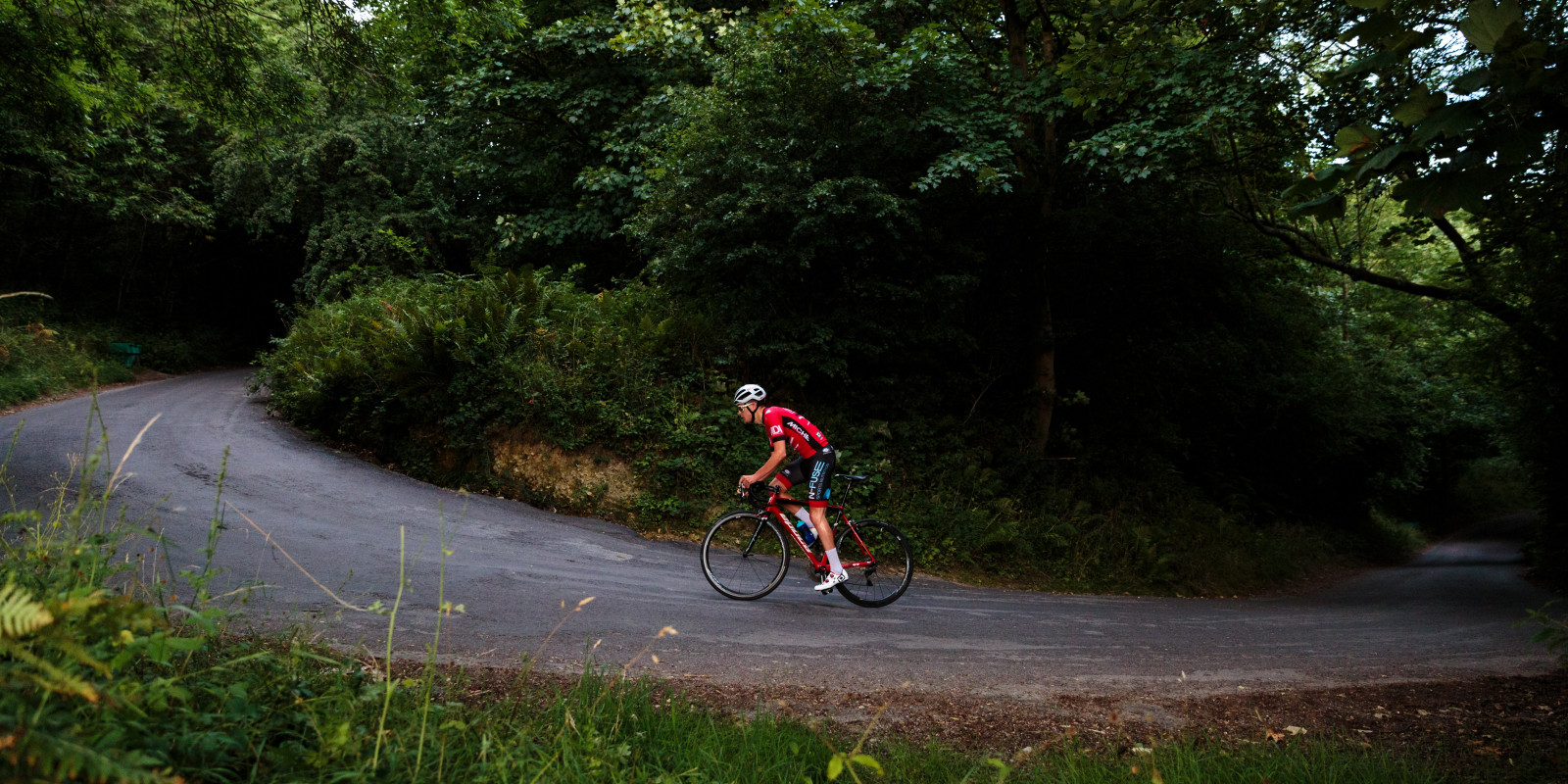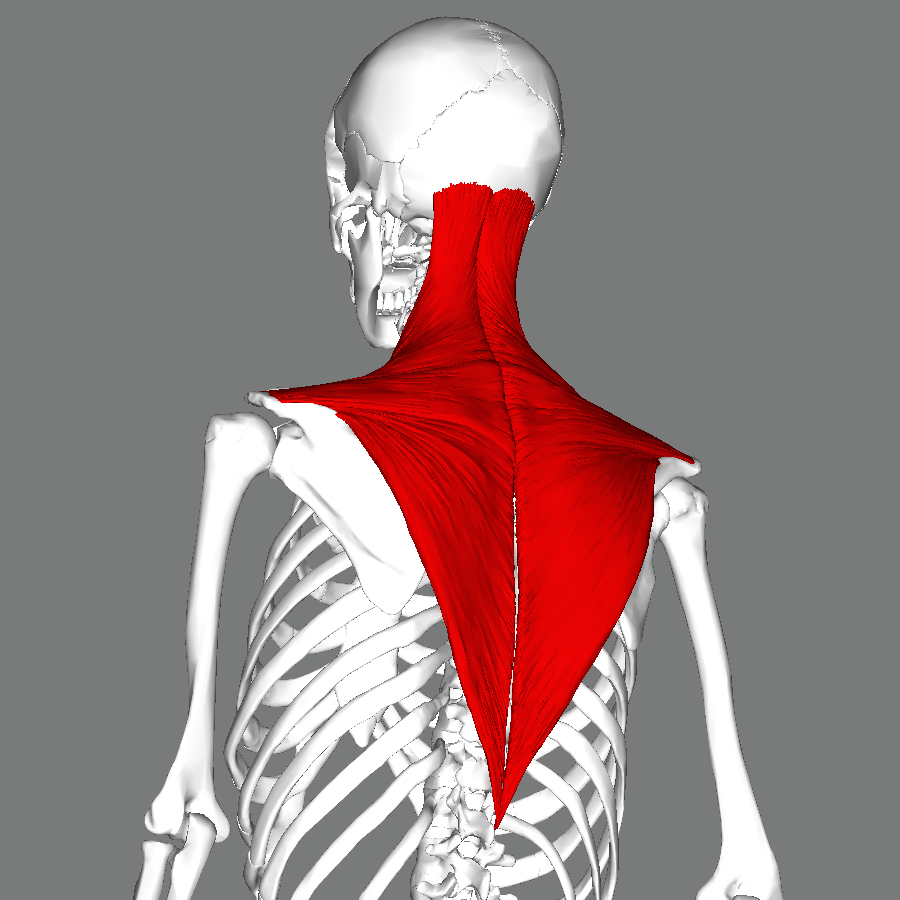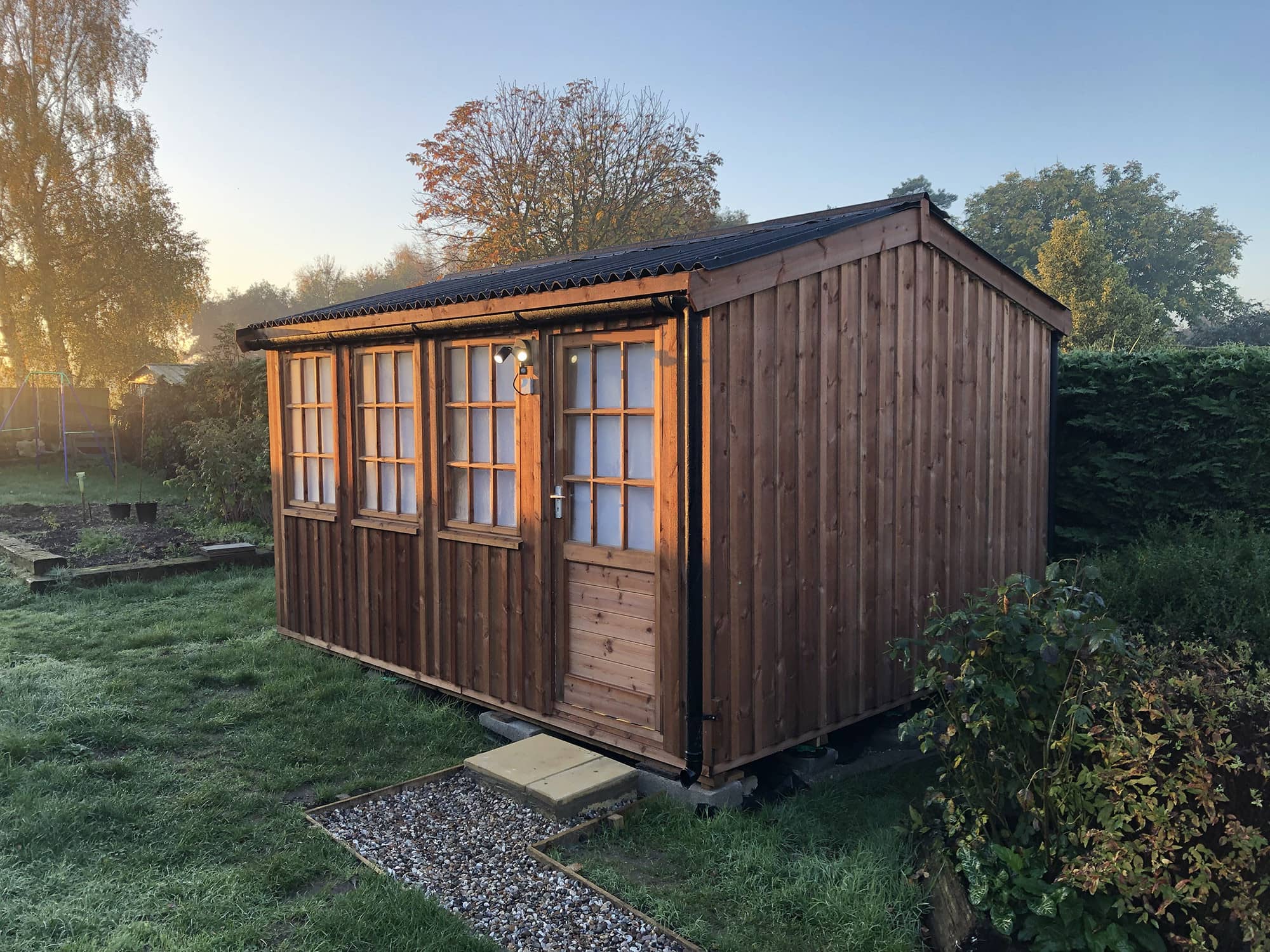

It got me! After 2.5 years of managing to avoid the spikey little devil, a couple of weeks ago, I too had the pleasure of testing positive for Covid-19. While I was fortunate to experience only ‘mild’ symptoms (muscle aches, fatigue, fever and chills, a streaming nose and a sore throat) it’s certainly had an impact on my training, and this has led me to research some of the advice that’s out there for returning to exercise post-Covid. If you too are in this position and wondering how and when to get active again, read on.
We’ll get this one out there up-front because it’s pretty important. Bupa advises the following:
Speak to a medical professional before attempting any physical activity if you:
If you’re experiencing any of those, contact your GP before resuming exercise.
Imperial College London and Bupa both suggest waiting until you are 7 days clear of symptoms before resuming gentle exercise. Full disclosure - I did not do this, and tried a short run when I was more like 4 days clear. I didn’t experience any worrying side-effects but I definitely felt not at my best, and had a few little niggles from old injuries that under normal circumstances have long since ceased to be perceptible. So based on that experience, I’d certainly endorse the recommendation to rest up and give your body time to recover before placing demands upon it.
Start gently and take it steady. Imperial College suggests beginning with breathing and mobility exercises, with an RPE (that’s Rate of Perceived Exertion, or how hard you feel you’re working) of no more than 6-8 on a 20 point scale. This is a great time to set up a yoga mat in a shady spot and begin to work out the kinks - if you’ve been sedentary for a while then you may find that you feel tighter and less flexible than normal, so take the time to address this. Yoga with Adriene has a great, gentle video called ‘Yoga for when you are sick’ - this or something like it would be a nice, gentle way to begin your recovery.
Social cookies are currently switched off. To view this video please customise your cookie preferences for this site.
Imperial College suggests that you then move onto walking, working towards a brisk, 30 minute walk at an RPE of 11 (again on a 20pt scale) before moving onto more aerobic exercise. Even then, take things steady and don’t be in too much of a rush to get straight back to where you were - Bupa suggests spending 7 days in each phase before moving onto the next one.
Three other important points: nutrition, hydration, and self-compassion. Some people experience symptoms such as nausea, vomiting or a loss of appetite with Covid. Make sure that you are able to eat well in order to fuel your body’s recovery before beginning to exercise again. Ensure that you are properly hydrated for the same reason. And be kind to yourself - every day is different, and your fitness may have taken more of a hit than you at first thought. Take things steady, and give your body the time it needs to heal and recover.
Both Bupa and Imperial College make it clear that there are certain symptoms that you need to keep an eye out for. These are:
If you experience any of these, stop exercising and speak to your GP before resuming your recovery programme.
Remember that massage can play a role in supporting your recovery, by reducing stress levels and helping to ease muscle aches and pains caused by your return to exercise. You can book online, or get in touch.
Author Hannah Tabram. Category Blog. First published Mon, 18 Jul 2022 12:06:51 +0100
Previous post

Next post
